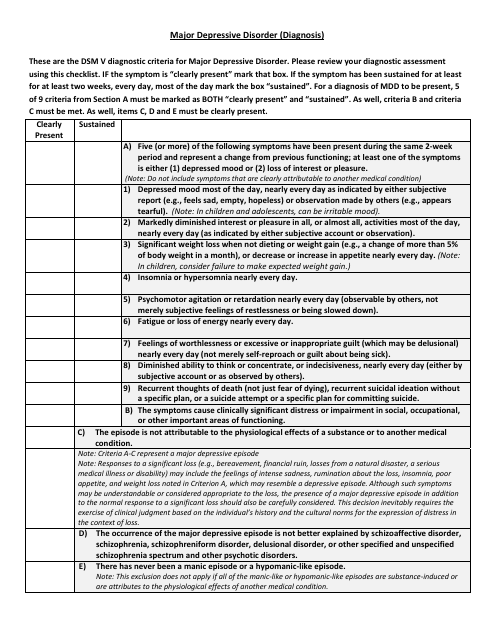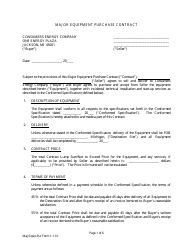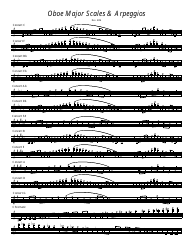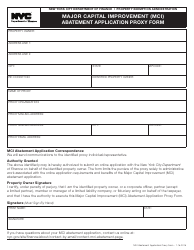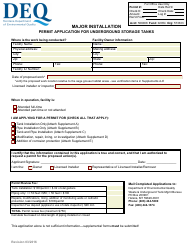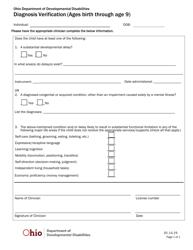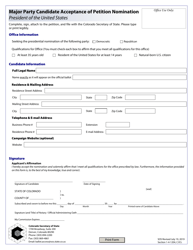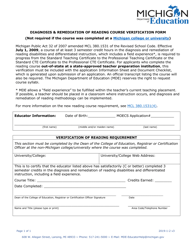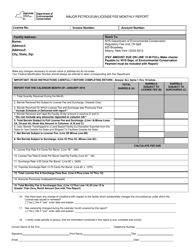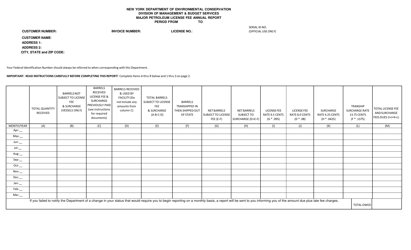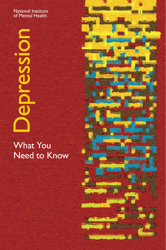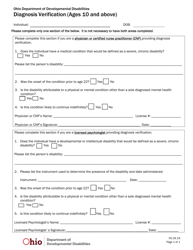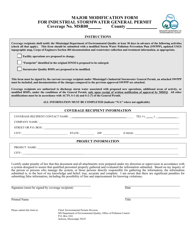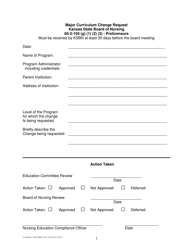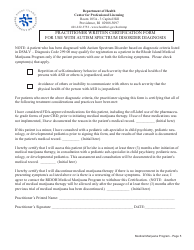Major Depressive Disorder (Diagnosis)
Major Depressive Disorder (MDD) diagnosis is intended to identify the presence of severe depressive symptoms that are causing significant distress or impairing normal functioning. The diagnosis involves a comprehensive evaluation of symptoms, including feelings of sadness or hopelessness, loss of interest or pleasure in activities, difficulty sleeping, changes in appetite or weight, and thoughts of death or suicide. Additionally, the assessment must determine that these symptoms are not attributable to other conditions or substances. An MDD diagnosis is necessary to prescribe an appropriate treatment plan, which may include medication, psychotherapy, or a combination of both. It aids in monitoring the progression or remission of the disease over time and is essential in understanding the potential risks and managing the condition effectively.
The diagnosis of Major Depressive Disorder (MDD) is typically filed by a licensed healthcare professional such as a psychiatrist, clinical psychologist or primary care physician. These professionals utilize manual guides like the Diagnostic and Statistical Manual of Mental Disorders (DSM-5) for the criteria in diagnosing MDD. It's generally based on a person's self-reported experiences, as well as those observed by the mental health professional. Please consult with a healthcare provider for specific health concerns or issues.
FAQ
Q: What is Major Depressive Disorder?
A: Major Depressive Disorder (MDD) is a medical condition characterized by an intense and persistent feeling of sadness or a lack of interest in outside stimuli. It's also known as clinical depression.
Q: How is Major Depressive Disorder diagnosed?
A: Diagnosis for Major Depressive Disorder typically involves a psychological evaluation that includes a discussion about your symptoms, thoughts, feelings and behavior patterns. Medical and psychiatric history will also be discussed. Your doctor may also do a physical exam and order lab tests to rule out other health conditions.
Q: What are the symptoms of Major Depressive Disorder?
A: Major Depressive Disorder is characterized by symptoms such as persistent feeling of sadness, losing interest or pleasure in activities, changes in appetite, difficulty sleeping or oversleeping, reduced energy, feelings of worthlessness or guilt, difficulty concentrating, and recurrent thoughts of death or suicide.
Q: What causes Major Depressive Disorder?
A: The exact cause of Major Depressive Disorder isn't known. However, it's generally believed to be caused by a combination of genetic, biological, environmental, and psychological factors.
Q: How is Major Depressive Disorder treated?
A: Treatment for Major Depressive Disorder often involves psychotherapy (counseling), medications, and in some cases, electroconvulsive therapy or other brain stimulation therapies. It's important to consult with a healthcare professional to develop a treatment plan that's best for you.
Q: Can Major Depressive Disorder be cured?
A: While there's no cure for Major Depressive Disorder, with effective management, patients can lead healthy and fulfilling lives. Treatment usually involves managing symptoms with therapies and medications.
Q: Is Major Depressive Disorder common?
A: Yes, Major Depressive Disorder is one of the most common mental disorders in the United States. Data from the National Institute of Mental Health suggest that around 17.3 million adult Americans have had at least one major depressive episode in the past year.
Q: Can Major Depressive Disorder get better on its own?
A: Major Depressive Disorder rarely gets better without treatment. In fact, if left untreated, the symptoms can become worse and persist for many months or years. Therefore, it's important to seek professional help if you think you may have Major Depressive Disorder.
